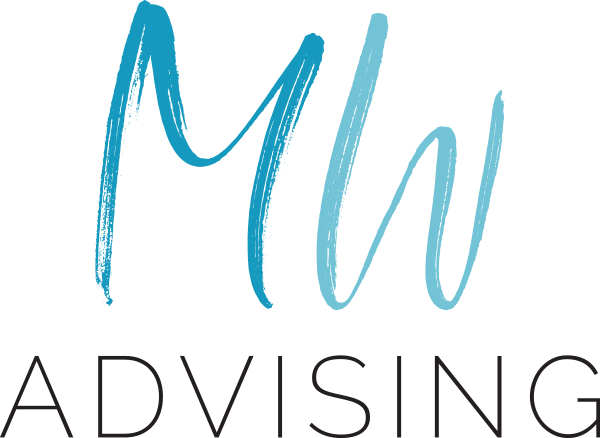“DUH, Marya. If we had all the information we needed, there wouldn’t be uncertainty.” Ok, ok, that’s true. The more transparent and open with information an organization and leaders can be, the stronger the culture and of course, the stronger the trust among all on the team. If we know this, then why are organizations so protective of information? Why are we not being more transparent in our words, decisions, and actions?
There are a lot of reasons. Fear, power-trips, narcissism, lack of understanding, and sometimes, people just don’t know. How are they supposed to share what they don’t know? Leaders, you are so much better off saying “I don’t know” than letting your team make up information or tracking down incorrect information. If it’s confidential, then say so. Stop trying to be sly and coy. Be real, be honest. There is so much information power in “I don’t know” and “It’s confidential.” Remember the enemies of trust.
Lack of information makes us weird. It makes us nervous, feel less valued, gossipier, and it’s at this point we start the self-protection process. Crazier yet? This is also the point we start to think we have no power or control. WRONG! So, very wrong. We have more information power than you realize. Information power is PERSONAL power described as access to information and how it flows (Lussier and Achua, 2007). Access and flow make it seem like you have no control unless you are in a position of authority – POSITION power – but I believe the opposite is true. Think about it…
…is there really a lack of information or are you not reading what comes your way (how many e-mails do you delete a day without reading)? What do your social media feeds look like? Are you listening when you are being spoken to or trying to multi-task? Do you follow up on meetings you can’t attend? Are you asking clarifying questions to ensure you understand the information coming to you? As team members, we sometimes place so much responsibility on the information provider that we forget, we have a responsibility in understanding what is coming our way as well. Your power lies here, with you! You usually have a lot more information than you think and thus more information power.
And if you don’t, then what? Ask. Research. Find out. Go to those meetings, track down those meeting minutes if you can’t go. Pick up the phone. Read, and read more. And, for the love of all that is sacred, STOP making up stories (information) to “calm” your mind and heart (or, if you’re going to make something up, at least make it good for Pete’s sake, ha). YOU have a responsibility for the success of the organization as well, and information power lies with you. Use it, even if it scares you. I know it takes a boat load of courage to speak up and seek the information you need in uncertain times. DO IT! Because you can. You have power, even when it doesn’t feel like it.
Leaders, one more thing. Lack of information and transparency create trust issues as much as it creates uncertainty and fear. When people lack trust and are afraid, the first thing they do is self-protect. Watch for this in your team. Too much self-protection will create a toxic environment. Toxic environments are the hardest to heal, if they can heal at all.
Information has so much power, and it is incredible how much we forget that truth. We do our organizations a disservice when we don’t understand the strength of information. I encourage you to take a step back this week and really think about the information access, flow, and power of your organizations (and people). Where can you help increase trust and strengthen culture using information?
Share with me!
A note for those in very toxic situations: as a researcher of organizational exit, I hear more stories than I would like about how fear of retaliation, bullying, and even threats of physical harm have kept people from speaking up and asking for more information. I encourage you to apply self-care as much as you need to, and then reach out beyond your organization. You would be amazed at the support you can find, even in uncertain and toxic times. Please contact me if I can help.
Lussier, R. & Achua, C. (2007). Leadership: Theory, application, and skill development (3rd edition). Thomason-Southwest.

